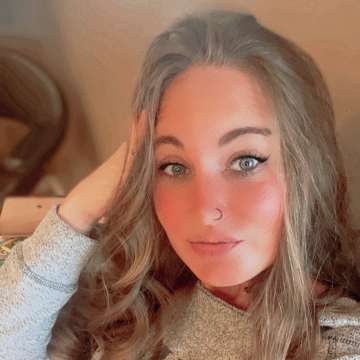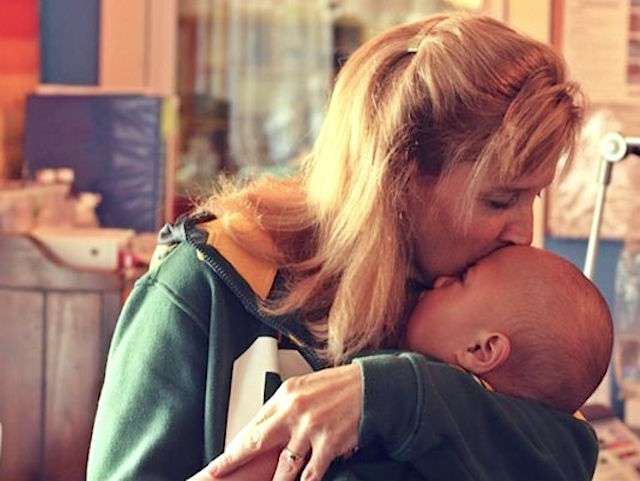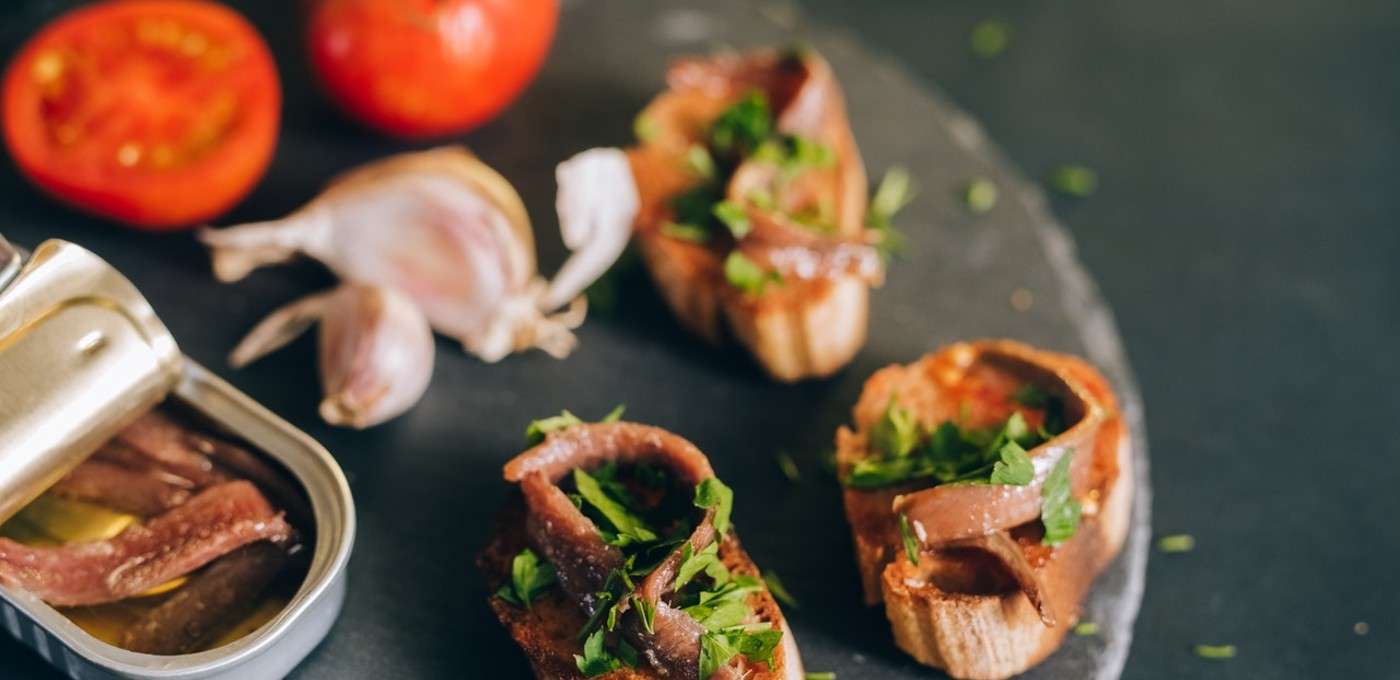There are special caregivers in society who feel their place in the world is at the side of the bed of a dying person, helping to comfort and calm them and their family during a difficult time.
Alongside the rise in green funerals, these ‘death doulas' are there to help in challenging, end-of-life moments-because making plans and doing research is often the last thing people can think to do at such a moment, and having someone to simply be present with a calming perspective, or to offer insight and information, can be a big relief.
"Being a doula and a giver, is reflective of what we do," explains Suzanne O'Brien, founder of the International Doulagivers Institute. "We are non-medical holistic practitioners."
Having trained over 100,000 people as doulagivers, she explains how the work "calls people forward."
"They [doulagivers] have a comfort level with those at the end of life," says O'Brien. "It's a relatively new movement, but it's really picked up steam in the last few years."
Newly qualified death doula Lindsay Laubenstein was working as a manager in a not-for-profit restaurant in Cincinnati, training people with traditionally high barriers to employment to get jobs in the hospitality industry.
"The restaurant industry is basically everything-proof, or at least we thought it was," Laubenstein told me, but her place of work was ultimately impacted by the pandemic.
"One morning after all the shutdowns I said: ‘I'm going to look [death doula work] up, I'm going to see what's going on,'" she said.
Laubenstein, who also described it as a "calling," recently finished her level 1 training.
"I said, 'This is it, this is what I need to be doing,'" She told me. "I've always felt called to death work, I've always felt called to the transitions in life."
How does a doulagiver go about their work? It depends on the individual doula and the client before that relationship begins, says Laubenstein. O'Brien concludes that the most important aspect is being present, adding that while modern life tends to have us living in the past and the future, on our phones, and in the digital space generally, there's nothing more present than watching someone fade away over the space of several hours.
"There are groups [like] the Threshold Choir where people go in and sing bedside to dying people," says Laubenstein. "I could technically bring that in if someone wants me to sing to them, that's something I could do."
It's a special kind of person that is comfortable voluntarily spending hours with a person in their last few moments of life, and then singing to them.
"Is dying a medical experience? It's not: it's a human one, and it's only in the last 100 years that we've become so far removed from having death being a natural part of the lifecycle," O'Brien chimes in to remind me.
"It's the hardest work I've ever done, and the most rewarding work I've ever done," she told me.
O'Brien would go on to explain that she and her institution, and the practice of death doulas as a rule of thumb, tries to avoid hospital administration or the American health insurance marketplace altogether.
CHECK OUT: The First State in the U.S. Approves Human Composting; Local 'Green Reaper' Has Your Guide to Eco-Friendly Burials
They prefer instead to build and resource doula programs at the community level, and harness individual doulas' skills as private contractors, rather than lease their services to be included in a health insurance policy-as it would generally exclude lower-income families, who O'Brien feels are just as deserving of a pleasant end-of-life experience.
"We've trained in Thailand, Zimbabwe… We had people on from Japan, Singapore, and Australia. People stay up until the middle of the night to have this webinar," she says, referring to her online training programs.
O'Brien sees this as a paradigm shift.
"Dying is so expensive, but we've literally removed what is most effective [from end-of-life care]. Your body knows what to do… and we forget that the end of life does not have to be an embalming, a $20,000 ring-a-ma-rang."
SHARE This Story With Others On Social Media… (Featured image: Cori Salchert)










Be the first to comment